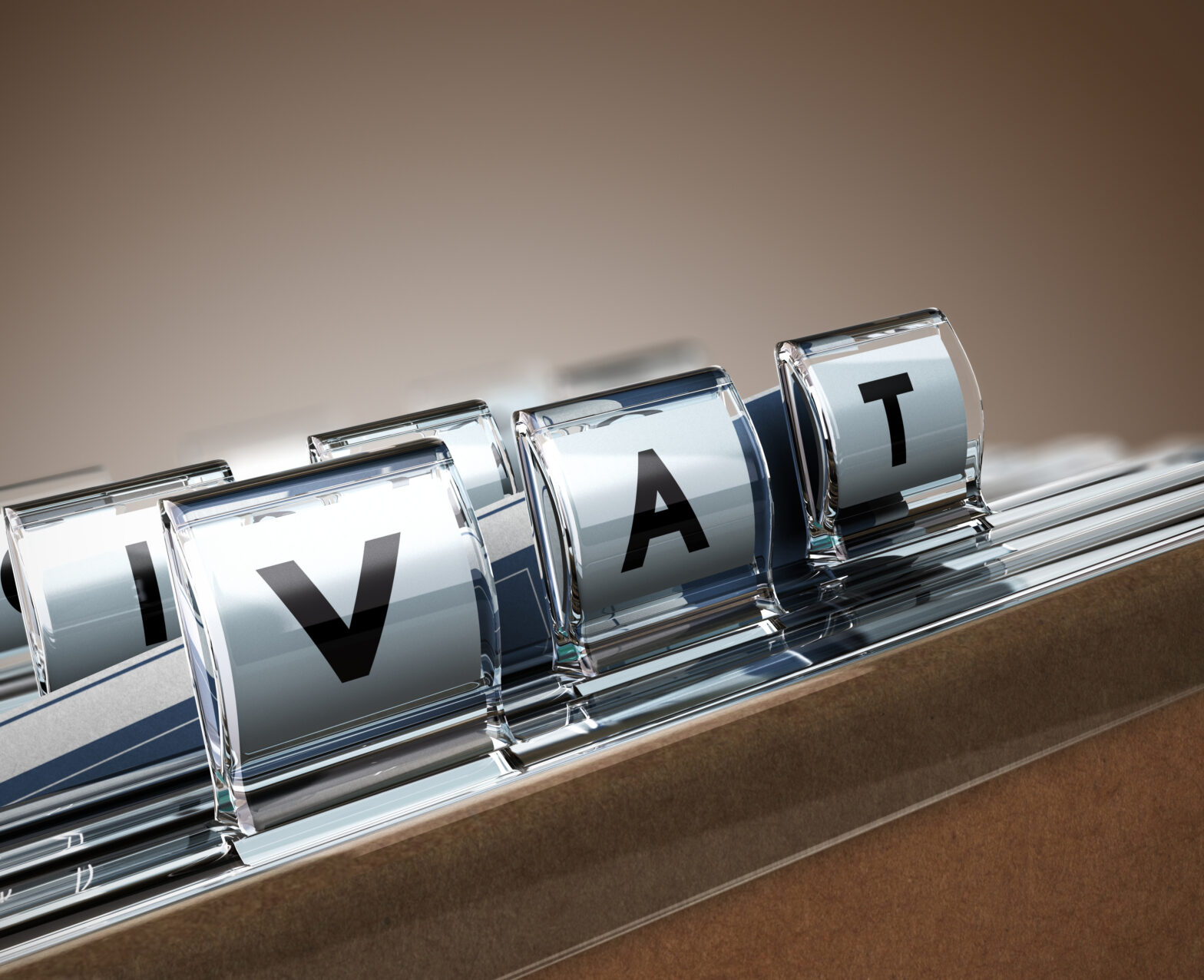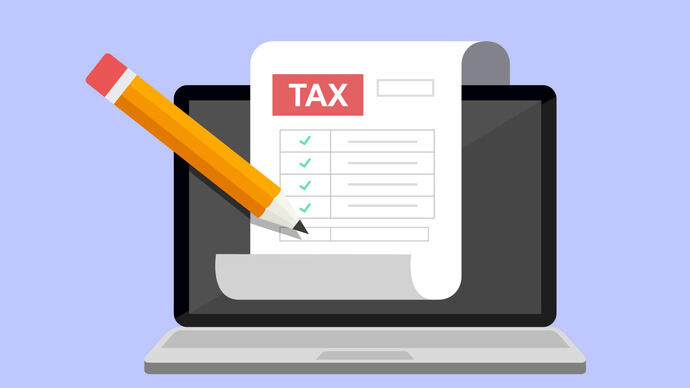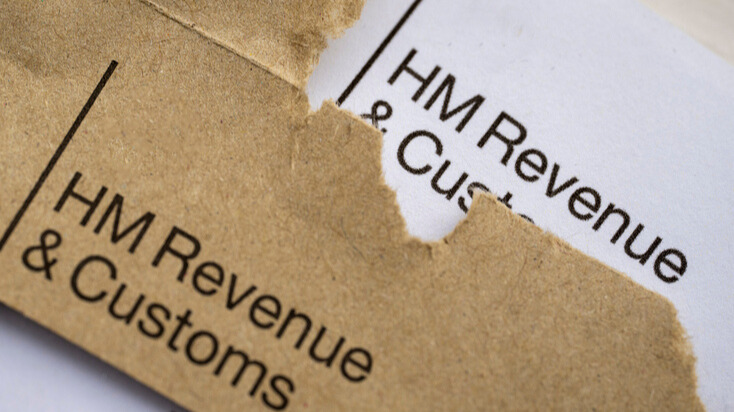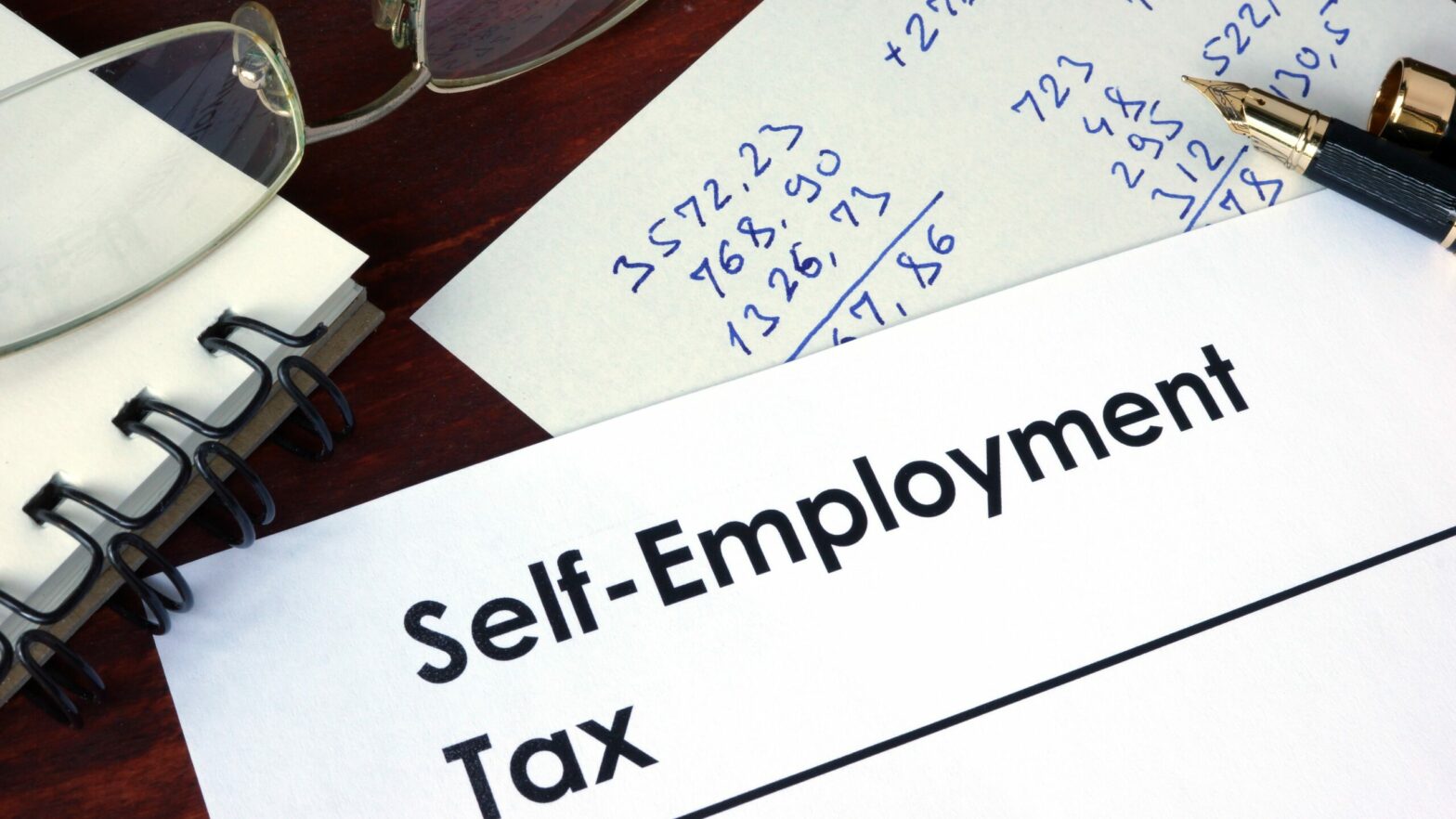For the year ended 31 March 2006 the turnover level for compulsory registration for VAT was £60,000 per annum.
If you register, you must start keeping records and charging VAT to your customers from the date you know you have to be registered, which is usually the month after your annual turnover exceeded the threshold.
Whilst waiting to register you can charge VAT but until you have a registration number you must not show VAT as a separate item on any invoice you issue. You can change your prices to include VAT and explain to any of your customers who are also registered that you will be sending them VAT invoices later. Once you have your registration number you should send the necessary invoices showing VAT within 30 days.
If you have asked for voluntary registration (where your business has not exceed the mandatory threshold but you still want to register to reclaim VAT on purchases) you should start keeping records and charging VAT from the date you are registered. This will normally be the registration date you asked for on your application form.
Please note that, once you are registered, you must account for and charge VAT on all your taxable supplies, distance sales, acquisitions and relevant supplies in the UK, regardless of whether those values are above the threshold. For example, if you are registered because your distance sales are above the relevant registration threshold, once registered, you must account for VAT on all your taxable supplies and acquisitions in the UK.
It is worth investing some time and money to ensure you understand the general principles of VAT and you get to know when you are dealing with a special situation that requires a deeper understanding. There are some publications which will help get a general appreciation of the VAT rules. These are:
- The VAT Guide (VAT 700)
- Should I be registered for VAT/ (VAT700/1)
- The Ins and outs of VAT (VAT700/15)
These can be obtained from the H M Revenue and Customs website at gov.uk. You should read The Ins and Outs of VAT first because it is easy to understand (it won a plain English award).
The VAT Guide is useful but quite detailed. Section 19 of the VAT Guide deals with business records and so will be very relevant to you. Also that section has the force of law. You should also obtain any specialist booklets that specifically relate to your business.
For example, if your business has customers in the building industry you should obtain all the booklets relevant to the construction industry and land and property. For reference purposes you might like to obtain a commercially produced book or a publication on VAT such as those from CCH or Tolleys.
The H M Revenue and Customs VAT advice line on 0845 010 9000 is also a good source of advice. However, your accountant should be a first source of advice.





